Dear Readers,
AI plays a crucial role in our blog, helping us manage our time more effectively to keep the content flowing. While AI assists with content creation, which may lead to occasional spelling or grammar errors, our primary goal remains clear: to deliver meaningful insights to you. For important matters, please consult a specialist.
Thank you for your understanding and support.
Best regards,
Education.com.cy
Executive Summary
Music education can be approached both as a hobby and as a profession, each offering unique benefits and challenges. When pursued as a hobby, music serves as a creative outlet, providing relaxation and a break from daily routines. It enhances personal development by fostering creativity, self-discipline, and emotional expression. On the other hand, when approached as a profession, music education demands a higher level of commitment and skill development, often leading to a career in performance, teaching, or composition. Regardless of the approach, the importance of music education lies in its ability to enrich lives, promote cultural understanding, and develop critical thinking and emotional intelligence.
Introduction
Music education can be a fulfilling pursuit, whether taken up as a hobby or a profession. Its importance cannot be overstated, as it enriches lives, promotes cultural understanding, and develops critical thinking and emotional intelligence. This article explores the differences between engaging in music education as a hobby versus a profession, highlighting the benefits, challenges, and implications of each approach.
Main Sections
Definition and Scope
Music education as a hobby involves engaging with music for personal enjoyment and self-improvement rather than for professional purposes. Individuals who pursue music as a hobby often do so to relax, express creativity, and develop skills that can enhance their overall well-being. For example, learning to play an instrument like the piano or attending music lessons can provide a creative outlet and a way to unwind from daily stress. This type of engagement can also foster self-discipline, improve cognitive abilities, and enhance emotional intelligence.
On the other hand, music education as a profession involves a more structured and intensive approach, aimed at achieving a high level of proficiency and often leading to a career in music. Professional musicians typically undergo rigorous training, which may include formal education at music schools or conservatories, and they often dedicate significant time to practice and performance. The scope of professional music education includes mastering technical skills, understanding music theory, and developing performance techniques. Professionals may work as performers, composers, music teachers, or in other roles within the music industry.
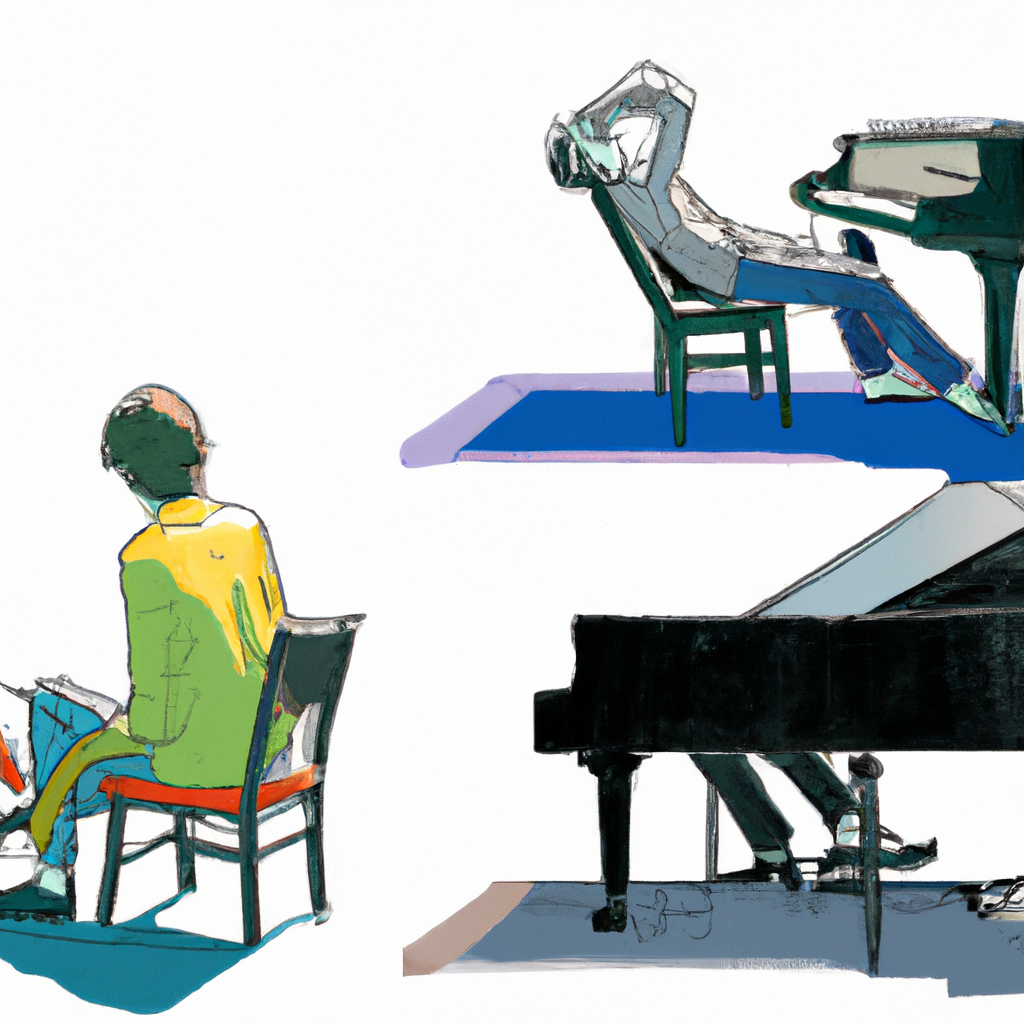
Benefits of Music Education as a Hobby
Music education as a hobby offers numerous benefits that extend beyond mere enjoyment. Engaging in music can enhance various aspects of personal development and well-being. Here are some detailed explanations, examples, and applications:
- Cognitive Development: Learning to play an instrument or understanding music theory can improve cognitive functions such as memory, attention, and problem-solving skills. For example, reading music and translating it into hand movements involves complex brain processes that enhance mental agility.
- Emotional Expression and Regulation: Music provides a powerful outlet for expressing emotions and can help in regulating mood. Playing or listening to music can evoke a wide range of emotions, from joy to sadness, allowing individuals to process their feelings in a healthy way. For instance, playing a melancholic piece on the piano can help someone process feelings of loss or sadness.
- Stress Relief and Relaxation: Engaging with music, especially genres like classical music, can induce a state of relaxation and reduce stress. The act of playing an instrument can be meditative, helping to lower cortisol levels and promote a sense of calm.
- Creativity and Innovation: Music education fosters creativity by encouraging improvisation and composition. This creative process can translate into other areas of life, enhancing one’s ability to think outside the box and approach problems with innovative solutions.
- Social Interaction and Teamwork: Participating in group music activities, such as bands or choirs, promotes teamwork and social interaction. These activities require coordination and communication, helping individuals develop social skills and build relationships.
- Discipline and Patience: Learning an instrument requires regular practice and perseverance. This discipline can instill a strong work ethic and patience, as progress in music often comes gradually.
- Cultural Awareness and Appreciation: Music education exposes individuals to different cultures and historical contexts, fostering a greater appreciation for diversity. Learning pieces from various genres and time periods can broaden one’s cultural horizons.
- Motor Skills and Coordination: Playing an instrument enhances fine motor skills and hand-eye coordination. For example, playing the piano requires precise finger movements and coordination between both hands.
- Self-Esteem and Confidence: Mastering a musical piece or performing in front of an audience can boost self-esteem and confidence. Achieving musical milestones provides a sense of accomplishment and pride.
- Therapeutic Benefits: Music can be therapeutic, aiding in mental health treatment and emotional healing. Music therapy is used to address various psychological issues, including depression and anxiety.
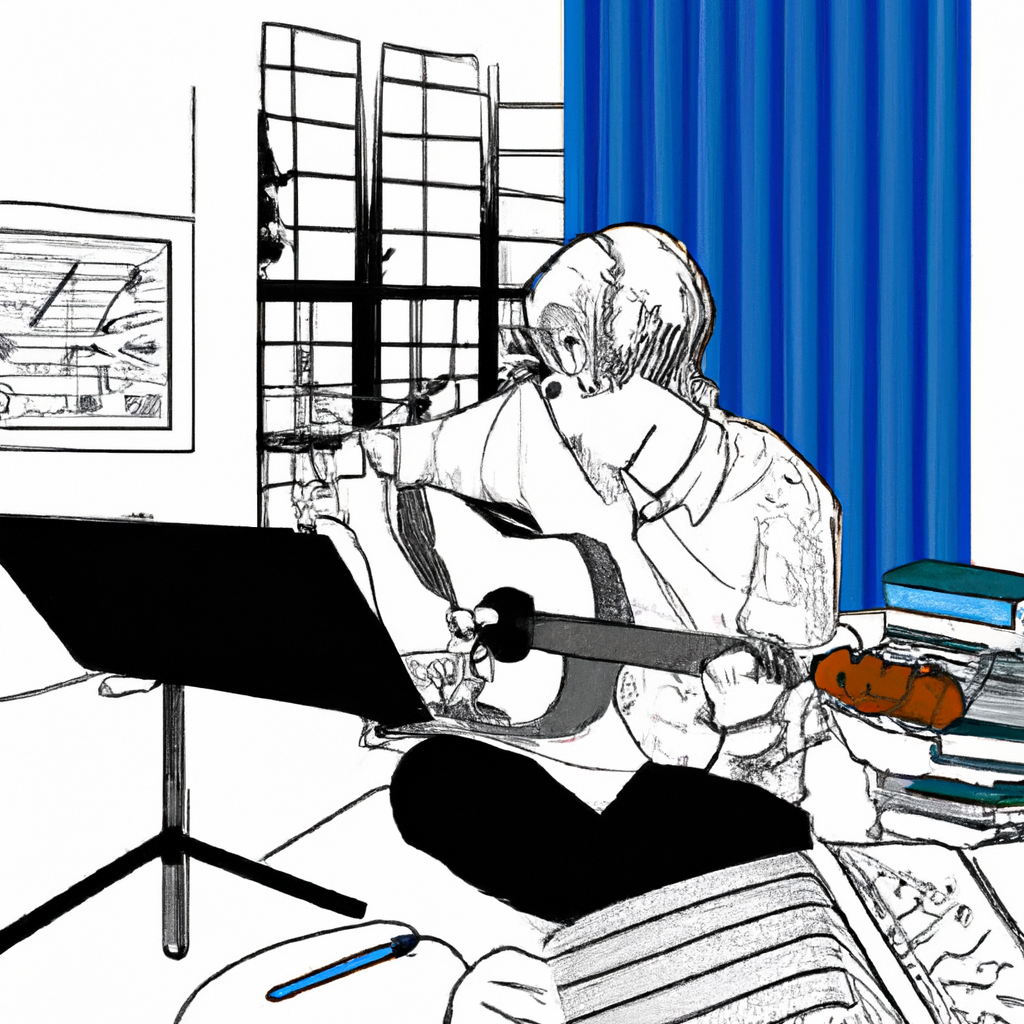
Find out how the strategies discussed in the article
"How Teaching a Song Can Improve Your Child’s Learning and Well-Being"can help address internet addiction in children and teens.
Benefits of Music Education as a Profession
Music education as a profession offers numerous benefits that extend beyond the mere acquisition of musical skills. Here are some detailed explanations, examples, and applications:
- Cognitive Development: Engaging in music education enhances cognitive abilities. Learning to read music and play an instrument requires the use of multiple brain functions simultaneously, which can improve memory, attention, and problem-solving skills. For example, students who learn to play the piano often show improved mathematical abilities due to the pattern recognition and counting involved in reading music.
- Emotional Expression and Regulation: Music provides a powerful outlet for emotional expression. Educators can help students channel their emotions through music, which can be particularly beneficial for those dealing with stress or emotional challenges. For instance, playing or composing music can be a therapeutic activity that helps individuals process their feelings and experiences.
- Social Skills and Teamwork: Participating in musical ensembles, such as bands, choirs, or orchestras, fosters teamwork and collaboration. Students learn to listen to each other, synchronize their playing, and work towards a common goal. This collaborative environment can enhance communication skills and build a sense of community.
- Cultural Awareness and Appreciation: Music education exposes students to a variety of musical genres and traditions from around the world. This exposure can foster a greater appreciation for different cultures and promote inclusivity. For example, learning about African drumming or Indian classical music can broaden students’ understanding and respect for global diversity.
- Creativity and Innovation: Music education encourages creativity and innovation. Students are often given opportunities to compose their own music or improvise, which can enhance their creative thinking and problem-solving abilities. This creative process can be applied to other areas of life and work, fostering a more innovative mindset.
- Discipline and Perseverance: Mastering a musical instrument or piece of music requires discipline and perseverance. Students learn the value of consistent practice and hard work, which are essential skills for success in any profession. The dedication required to improve musical skills can translate into a strong work ethic in other areas.
- Mental Health Benefits: Engaging in music can have significant mental health benefits. It can reduce anxiety, improve mood, and provide a sense of accomplishment. For example, playing soothing music can help reduce stress levels, while participating in group music activities can combat feelings of loneliness and isolation.
- Career Opportunities: Music education opens up a wide range of career opportunities. Beyond becoming a music teacher, individuals can pursue careers as performers, composers, music therapists, sound engineers, and more. The skills acquired through music education are also transferable to other fields, such as education, psychology, and media production.
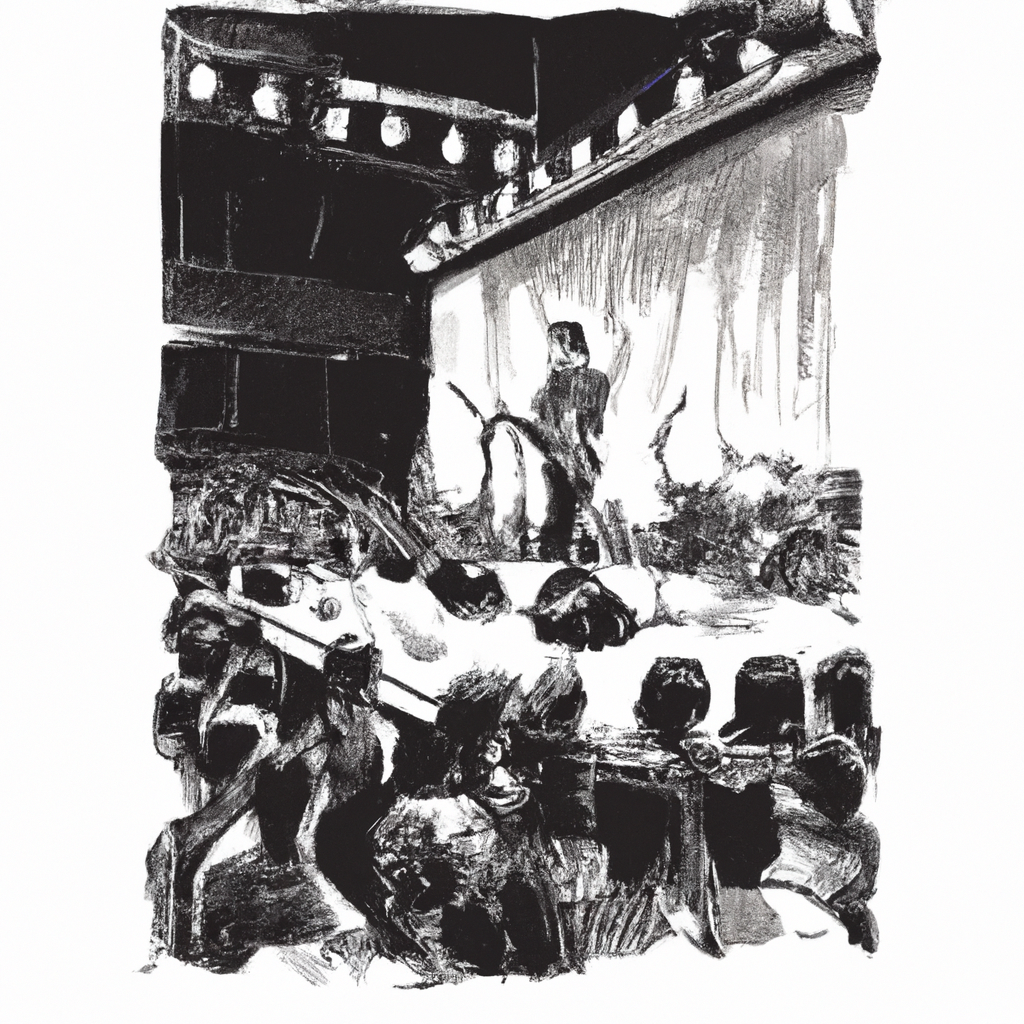
Challenges in Music Education as a Hobby
Challenges in music education as a hobby can be multifaceted, involving both personal and external factors. One significant challenge is the time commitment required. Balancing music practice with other responsibilities, such as work or family, can be difficult. For instance, if work routines encroach on personal life, it can be challenging to find quality time for music practice.
Another challenge is maintaining motivation and interest. While music can be a fulfilling hobby, it requires consistent effort and dedication. Without a professional goal, it might be easy to lose interest or deprioritize practice sessions. This can be particularly true if progress seems slow or if the individual faces difficulties in mastering certain skills.
Additionally, the financial aspect can be a barrier. Music education often involves costs for instruments, lessons, and other materials. For someone treating music as a hobby, these expenses might be hard to justify, especially if they are not seeing immediate returns or benefits.
Moreover, there is the challenge of self-discipline. Unlike professional musicians who might have structured schedules and external pressures to perform, hobbyists need to self-regulate their practice routines. This requires a high level of self-motivation and discipline, which can be hard to maintain over time.
Lastly, there is the potential for frustration and self-doubt. Learning music can be a complex and sometimes frustrating process. Without the guidance and feedback that professionals might receive, hobbyists can struggle with self-doubt and may feel discouraged by their perceived lack of progress.
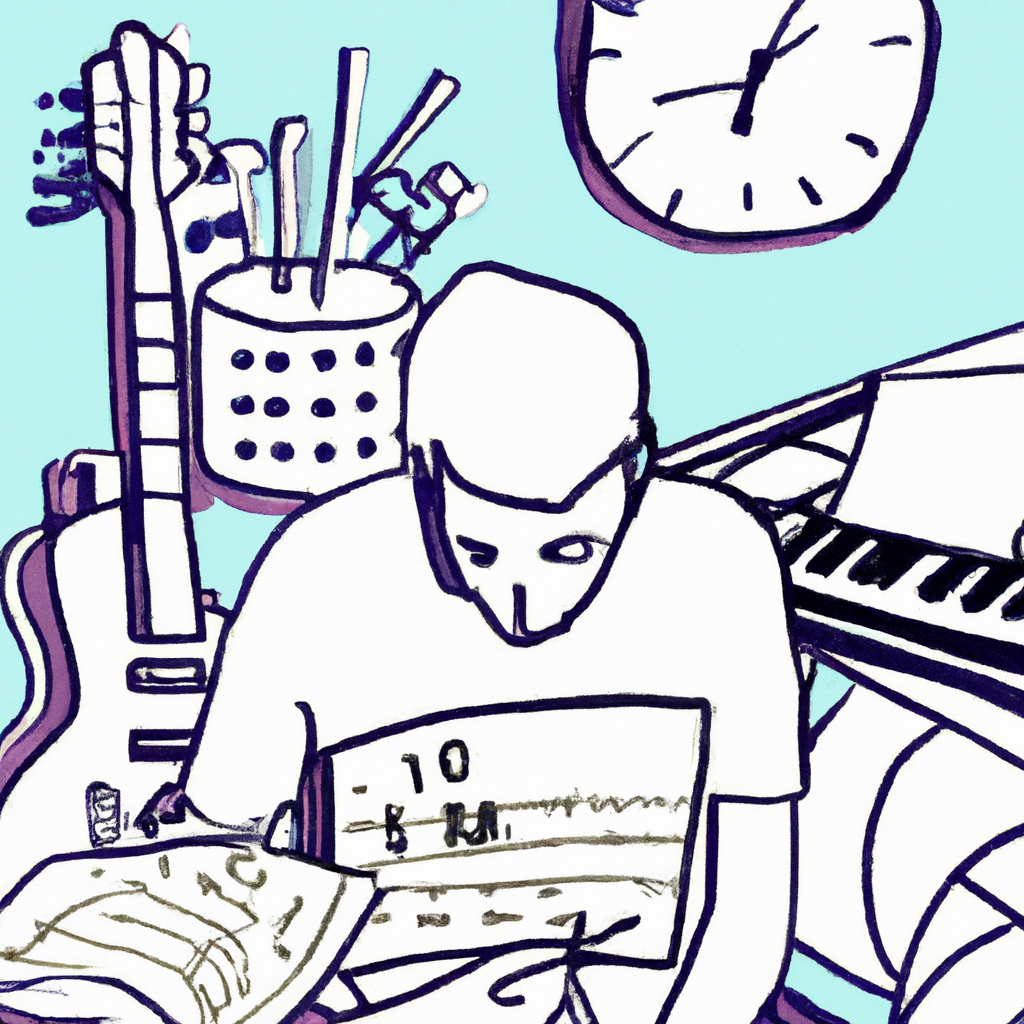
Challenges in Music Education as a Profession
Challenges in music education as a profession can be multifaceted and complex. One significant challenge is the perception of music as merely a hobby rather than a viable career path. This can lead to a lack of support and resources for those pursuing music education professionally. Additionally, the long-term benefits of music education, such as enhanced creativity and critical thinking, may not be immediately apparent, making it harder to justify investment in this field.
Another challenge is the potential for music to have varying effects on individuals. While music can foster creativity and emotional well-being, it can also have negative impacts if not approached correctly. For instance, exposure to certain types of music or lyrics can influence behavior and emotions, sometimes leading to undesirable outcomes like increased aggression or depression.
Moreover, the integration of music with technology, such as social media, presents both opportunities and challenges. While technology can enhance the learning experience and make music more accessible, it also introduces the risk of distraction and the potential for negative influences through viral content that may not always be beneficial.
In practical applications, music educators must navigate these challenges by fostering a balanced and supportive learning environment. They need to emphasize the positive aspects of music education, such as its role in personal development and emotional regulation, while being mindful of the potential downsides. This requires a nuanced understanding of both the art and science of music, as well as the ability to adapt to the evolving technological landscape.
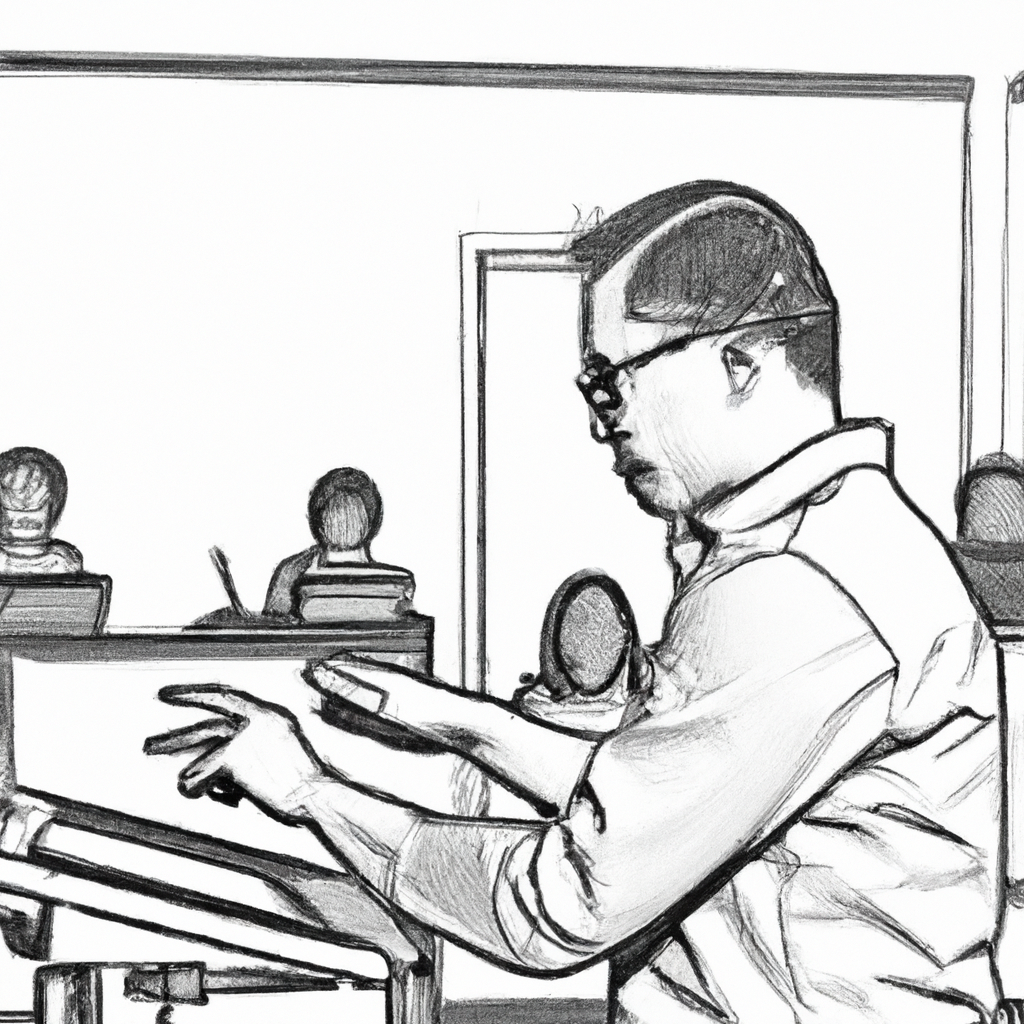
Comparative Analysis
Music education can be approached either as a hobby or as a profession, each offering distinct experiences and benefits.
Music Education as a Hobby:
1. Personal Enjoyment and Relaxation: Engaging in music as a hobby primarily serves as a source of enjoyment and relaxation. It allows individuals to unwind and escape from daily stressors.
2. Creativity and Self-Expression: Playing an instrument or composing music as a hobby fosters creativity and provides a medium for self-expression. It can be a therapeutic activity that enhances emotional well-being.
3. Skill Development: While not pursued with professional rigor, hobbyists still develop significant musical skills. These skills can improve cognitive functions and enhance other areas of life, such as problem-solving and critical thinking.
4. Flexibility: As a hobby, music education offers flexibility. Individuals can learn at their own pace without the pressure of performance or financial dependence on their musical abilities.
5. Social Interaction: Participating in music groups or bands as a hobby can lead to social interactions and the formation of friendships based on shared interests.
Music Education as a Profession:
1. Career and Financial Stability: Pursuing music education as a profession involves a commitment to developing high-level skills and knowledge. It can lead to various career opportunities, such as teaching, performing, composing, or working in the music industry.
2. Professional Training: Professional musicians undergo rigorous training and education. This often includes formal education at conservatories or universities, where they receive comprehensive instruction in theory, performance, and pedagogy.
3. Performance Pressure: Unlike hobbyists, professional musicians face the pressure of public performances and maintaining a high standard of excellence. This can be both rewarding and challenging.
4. Contribution to Culture: Professional musicians contribute significantly to cultural enrichment. They create, perform, and disseminate music that can inspire, entertain, and educate the public.
5. Networking and Opportunities: A professional career in music often involves networking with other musicians, producers, and industry professionals. This can lead to collaborations, recordings, and other opportunities that are less accessible to hobbyists.
Examples and Applications:
– Hobbyist Example: An individual who plays the piano in their free time may find it a relaxing activity that enhances their creativity and provides a break from their daily routine. They might perform at family gatherings or local community events without the pressure of making a living from their music.
– Professional Example: A concert pianist who has undergone years of formal training and performs at international venues. Their career depends on their musical skills, and they may also teach students, compose music, or record albums.
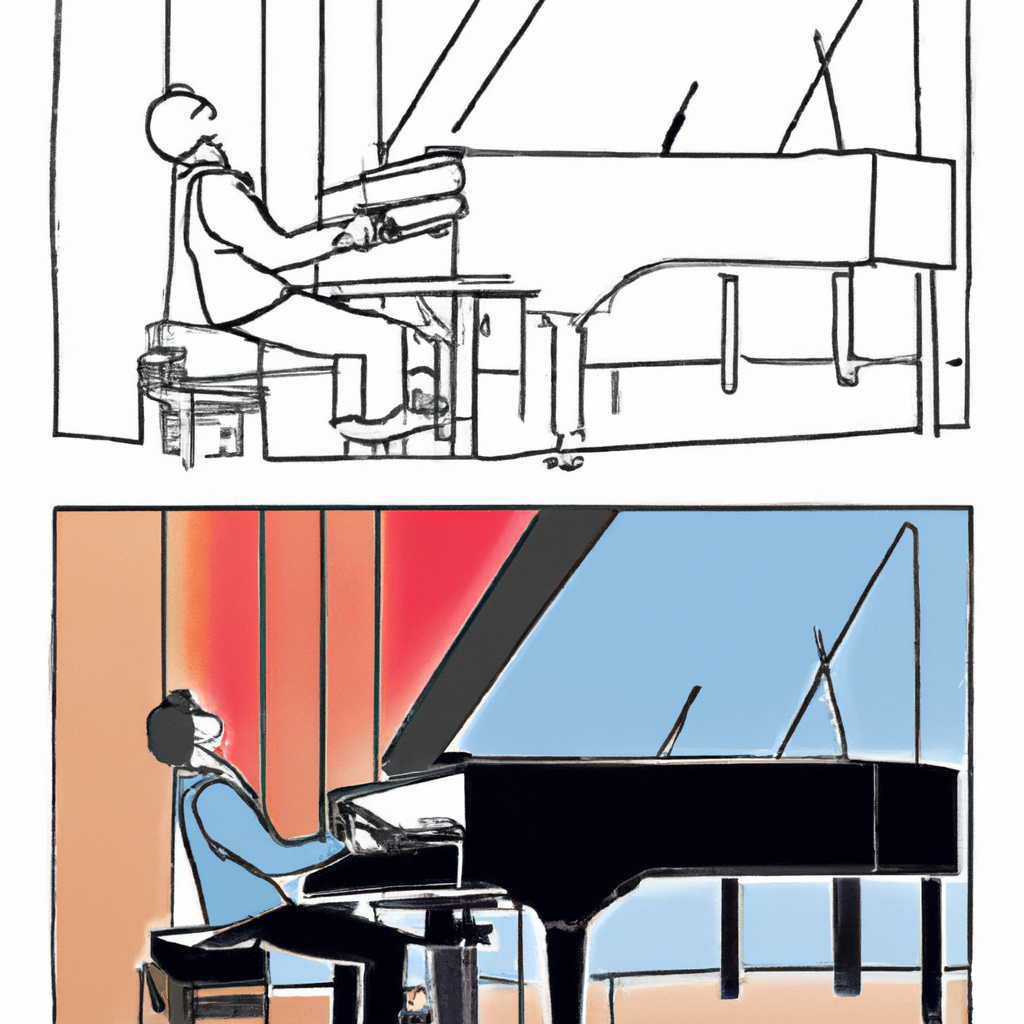
Conclusion
Music education, whether pursued as a hobby or a profession, offers significant benefits. Engaging in music can divert attention from excessive screen time, fostering creativity and self-reflection. It can also promote empathy and emotional well-being, as certain types of music, like classical, can induce a sense of calm. However, it’s important to be aware of the potential for music, especially when combined with social media, to influence emotions and behaviors deeply. For educators and parents, encouraging children to explore music can be a valuable tool in their development, helping them to balance their digital consumption and develop critical thinking skills.
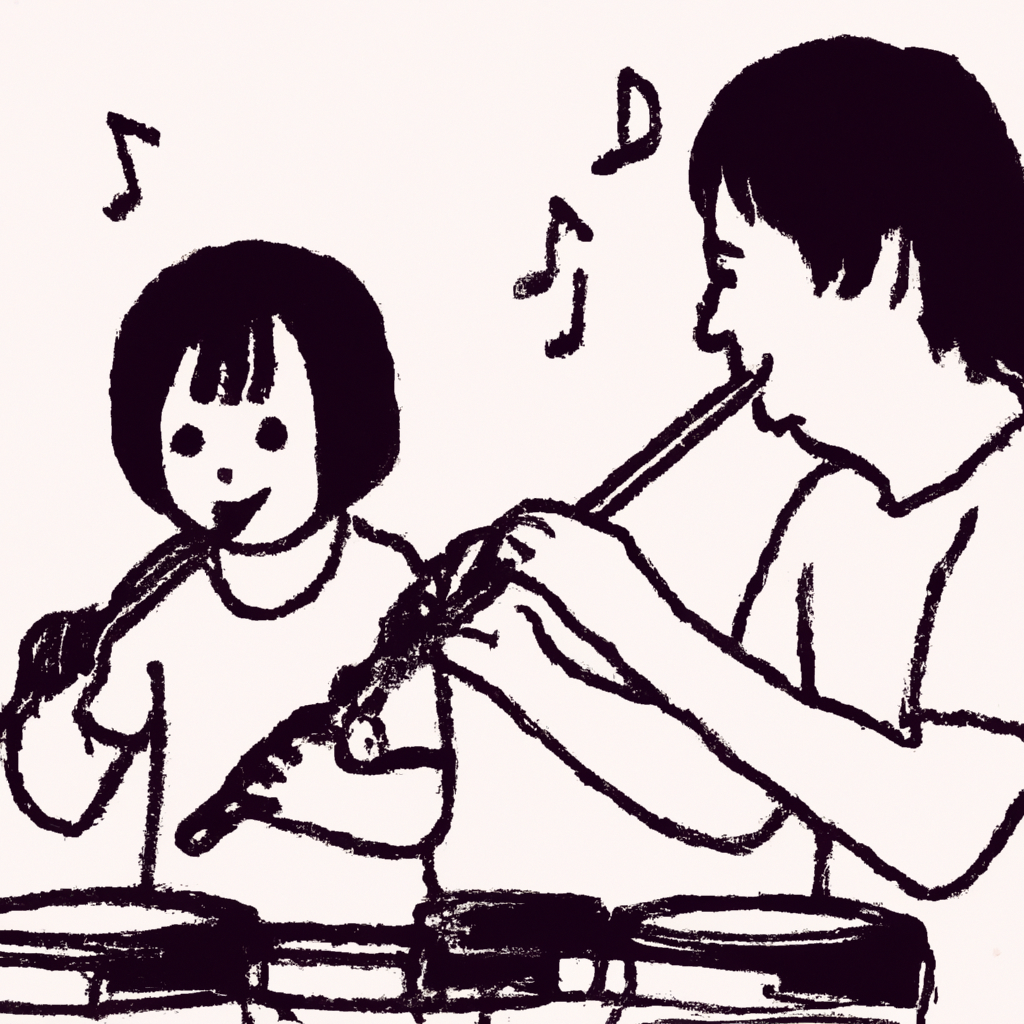
Thank you for reading our article on Music Education as a Hobby vs. Profession. We highly value your feedback and invite you to take a brief survey to share your thoughts and experiences. Your responses will be kept confidential.
Dear Readers,
Welcome to my blog, where technology, music, and visual arts come together to spark creativity and growth. By subscribing, you’ll become part of a vibrant community committed to exploring and learning in these areas.
Select the type of engagement that suits you best:
Join us and enjoy tailored content and direct support suited to your interests.
